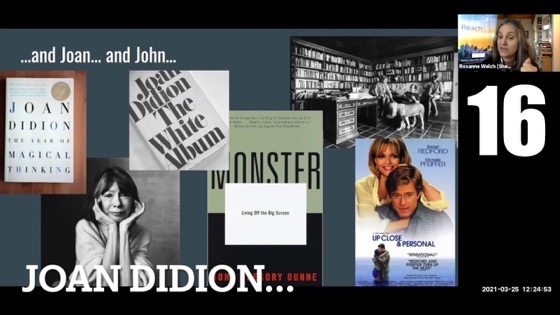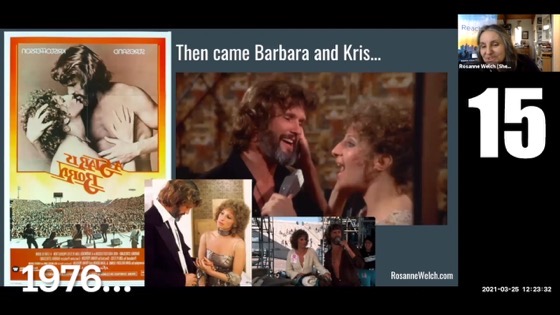Watch the entire presentation – Worry and Wonder | The Courier Thirteen Podcast | Episode # 29 here
Transcript:
So fascinating but you’re right and what’s interesting is you just hit on the fact that here Shonda Rhimes who almost always has a hit but not always because it’s not science right? You can’t even — it’s always a little bit of a this is my gut feeling. This is interesting. Now you go see what the audience thinks about it and not every person who you think should be — same thing right — Steven Spielberg doesn’t always have a hit. Sometimes he misses. It’s not science. It’s art and art is very subjective.
It’s always fun to sit down with students and share stories about entering the television industry and how things work at all stages and I had that opportunity the other day.
Daniela Torres, a just-graduated (Congratulations!) student of the Columbia College Semester in LA program asked me to guest on a podcast she had recently begun hosting with another college student she met during her internship (good example of networking in action!).
We could have talked all morning (the benefit of a 3 hour class session) but we held it to about an hour and fifteen minutes or so. Hopefully, along the way I answered some questions you might have about how the business works. So often it amounts to working hard at being a better writer and gathering a group of other talented, hard-working people around you so you can all rise together.
Dr. Rosanne Welch is a television writer with credits that include Beverly Hills 90210, Picket Fences, ABCNEWS: Nightline and Touched by an Angel. She also teaches Television Writing and the Art of Film at San Jose State University.
Rosanne discusses what made shows like Beverly Hills 90210 compelling, what to do and not to do when attempting to pitch a show to broadcast or streaming, what most young writers neglect in their writing process, and much more!
The Courier Thirteen Podcast is available on YouTube, Spotify, Apple Podcasts, SoundCloud, and Audible.
Podcast: Play in new window | Download
Subscribe: RSS
![28 Art Is Very Subjective from Worry and Wonder | The Courier Thirteen Podcast [Video]](https://rosannewelch.com/wp-content/uploads/2021/12/rmw-courier-13-28.jpg)



![02 Peg Lynch from “VISIBLE STARS: Women in Early TV” for the American Women Writers National Museum [Video]](https://rosannewelch.com/wp-content/uploads/2021/12/rmw-visible-stars-early-tv-02-1200x675.jpg)


![27 Queen Charlotte from Worry and Wonder | The Courier Thirteen Podcast [Video]](https://rosannewelch.com/wp-content/uploads/2021/12/rmw-courier-13-27.jpg)




![26 Controversy Scares Broadcasters from Worry and Wonder | The Courier Thirteen Podcast [Video]](https://rosannewelch.com/wp-content/uploads/2021/12/rmw-courier-13-26.jpg)
